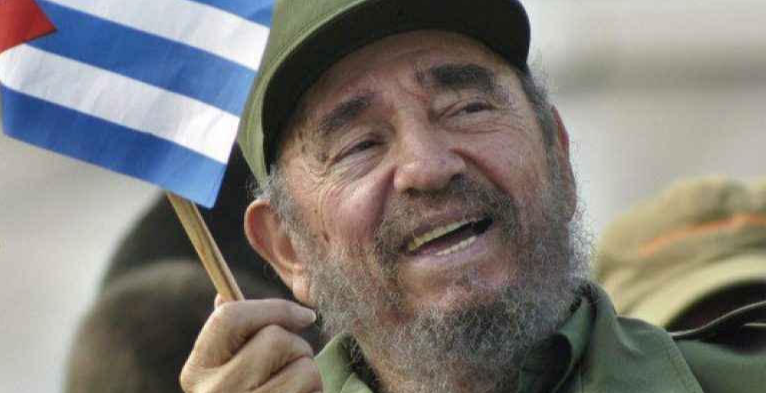
Naturally I know how fast the news cycle goes these days, which means that the now one-week old story of the death of Fidel Castro, one of the most significant and controversial revolutionary leaders in modern history, is already fading from the memory of most readers. On to the next Big Thing and all that.
But before that memory fades completely, here’s something that black folks in particular might want to recall about the man who so many are now trying desperately to vilify and portray as the worst thing to happen to freedom and democracy since, well, slavery.
Oops. Didn’t mean to bring that one up.
Anyway, turns out that Castro didn’t just talk about helping black farmers, or sympathize with their plight. The man did actual business with black farmers when black farmers were (and are) having one hell of a time getting equitable treatment from their own government.
For sure, some will view this as Castro taking any opportunity he could to exploit the disenfranchised, giving the finger to the U.S. government that he hated while helping black farmers. But for others, you have to wonder why it had to get to that point in the first place where black farmers had to go to Cuba to get the assistance they should have been able to get at home.
From Black Enterprise:
Fidel Castro was dead at age 90, John Boyd, founder and president of the National Black Farmer’s Association, recalled how he had the opportunity to visit with Castro in official meetings five times in Havana, Cuba, before the revolutionary leader stepped down in 2008.
In a released statement on the passing of Castro, Boyd acknowledged him as one of the world’s most recognized leaders. “My last visit with Fidel Castro resulted in a $25 million contract for U.S. black farmers. The contract was one of Cuba’s largest contracts with a United States organization,” he notes.
America’s black farmers had been locked in a battle with the federal government over equal access to low-interest loans, grants, and other aid. So they saw hope in tapping the emerging Cuban market. Boyd, a fourth-generation Virginia farmer, remarked in several interviews that, “we’ve had a lot of difficulty competing with the big boys because when we bid on a contract they say they can do it cheaper.”
In a deal negotiated in 2003, the Cuban government agreed to purchase some $15–$25 million of soybeans, corn, rice, and chicken from NBFA Foods, the Heathsville, Virginia-based company that handles trade for the National Black Farmers Association, Black Enterprise reported at the time. NBFA Foods would then distribute the money to the several hundred black farmers participating in the deal.